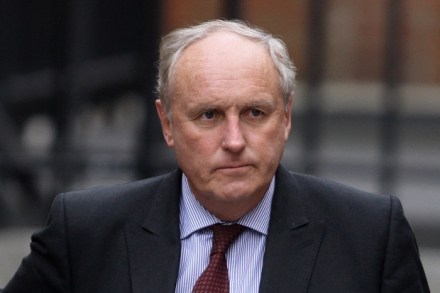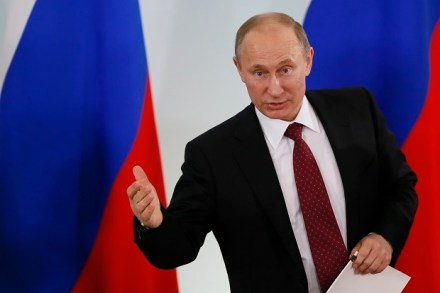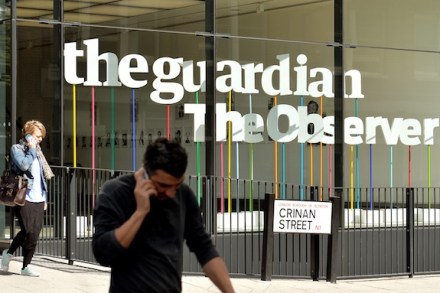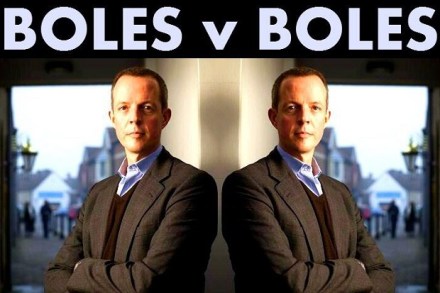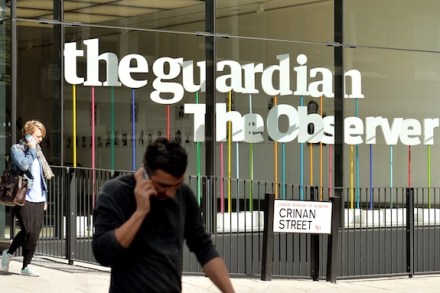Paul Dacre teaches the Guardian how to sell newspapers the old fashioned way
An old journalist told me that there was a time when people used to know the names of national newspaper editors. It’s a mark of Fleet Street’s decline, he said, that Alan Rusbridger of the Guardian and Paul Dacre of the Mail are the only well known editors today. He added that Rusbridger is famous because he has made himself into a public figure; but people have heard of Dacre despite his being remarkably private. Neither of us could recall Dacre doing a broadcast interview or even writing an article. He’s an enigmatic beast. All of which makes Dacre’s appearance in this morning’s Guardian under the headline ‘Why is the left
